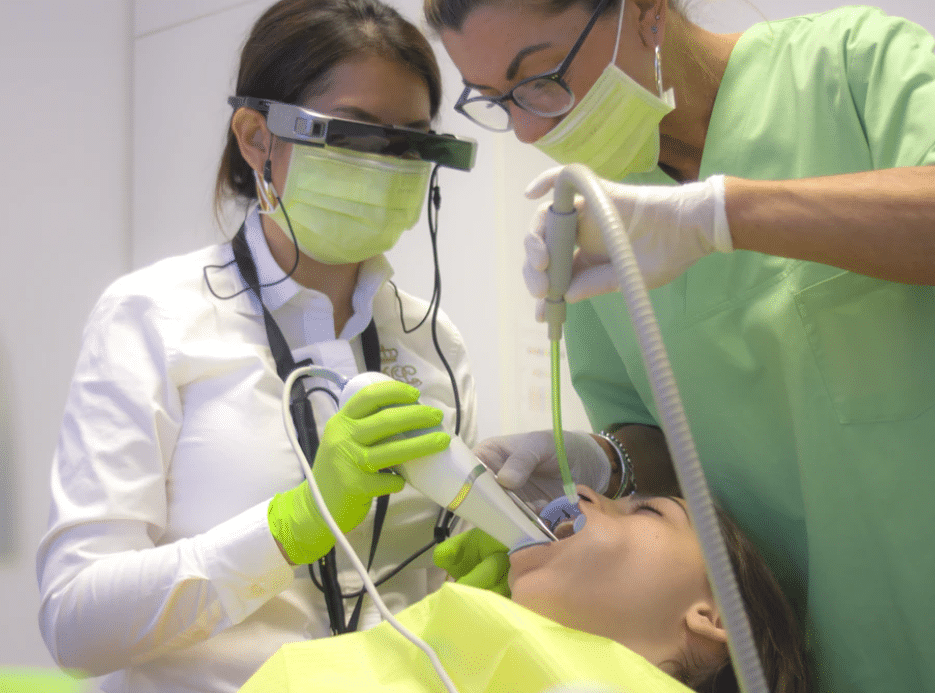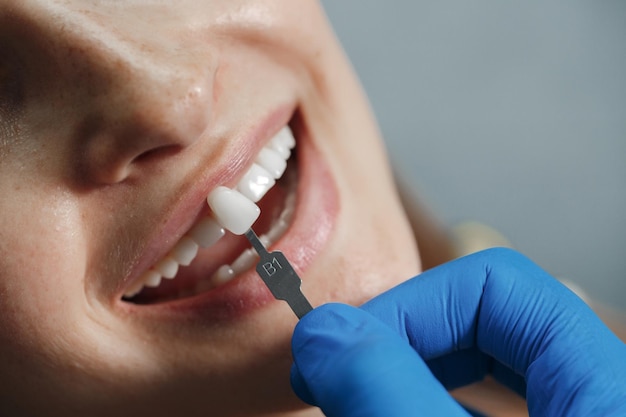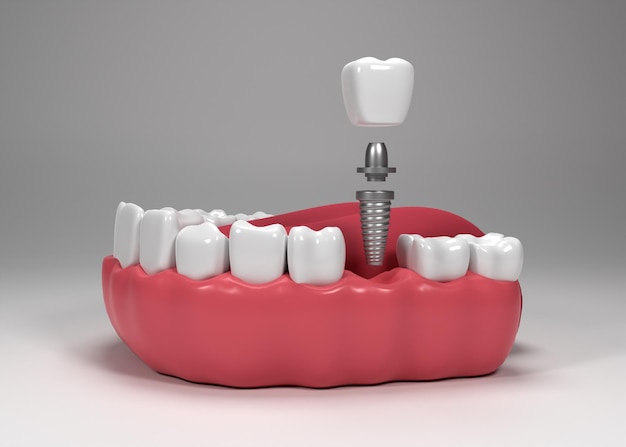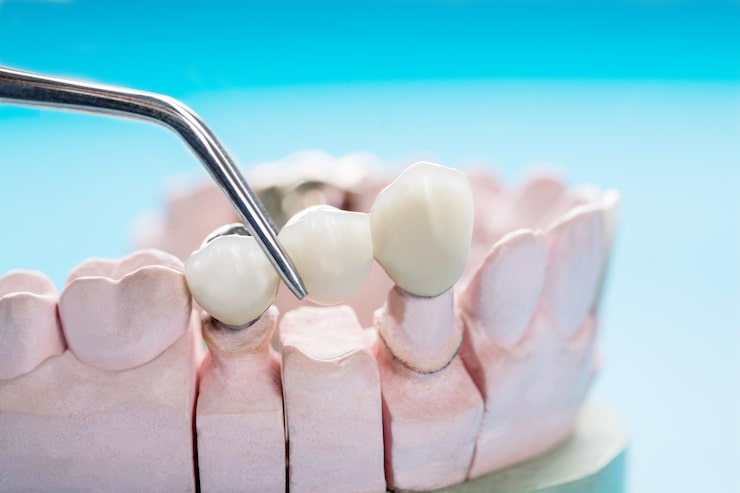What Is A Pediatric Dentist?
Pediatric dentists are dentists who specialize in dentistry for children. They’re like pediatric doctors, except they focus on the oral health of your little one.
Education-wise, pediatric dentists receive the same education as a general dentist – 4 years of dental school. However, they go on to pursue two years of residency training that specializes in the field of pediatric dentistry. This specialization gives them the skill set and the experience they require to take care of infants, toddlers, teenagers, and kids with special needs.
Why Is A Pediatric Dentist Important?
Ask any dental expert and they’ll tell you that aside from good oral practices at home, the key to lasting positive oral health is visiting your dentist regularly. Ideally, barring any dental issues, you should be taking a trip to the dental office at least twice a year.
While we’re all aware of how important dentistry is for adults, we sometimes forget that dentistry for children is as important, if not more. With children, adults often tend to delay the first dental visit till the child is considerably grown. When in reality, the first dental visit should happen as soon as the first tooth erupts in the oral cavity, i.e. around 6-7 months of age.
By the time a child turns 6 or 7 years old, their baby teeth start to fall out and are replaced by the adult teeth. If a child isn’t used to dental visits and proper dental care, their teeth are at risk of disease and decay. These in turn can cause a lifetime of discomfort and pain. Dental caries that occur in childhood are 7 times more common than hay fever and witnessed 5 times more than asthma. This makes taking your child to the dentist as early as possible all the more important.
- The teeth and tissues of a child’s oral cavity are comparatively much different than those of an adult. Similarly, a child’s dental needs are also separate. And while a general dentist may take care of said needs, the specific requirements can only be taken care of by a pediatric dentist.
- As mentioned before, since the baby teeth are shed, parents don’t levy a lot of importance on taking care of them. They only commence dental visits once a child has their permanent dentition come in. But it has to be noted that the milk teeth are as important as the adult ones. They not only serve the purpose of mastication (chewing food) but also play an important role in speech development. If a child loses their primary teeth due to decay or disease, it can incur severe losses with the development of adult teeth. Pediatric dentists make sure that a child’s early teeth remain healthy via restorative and preventative therapies.
- Early positive visits and interactions between a child and their dentist play an important role in the relationship they’ll have with their dental health as an adult. Positive experiences inculcate good oral practices and hygiene. Additionally, a child also feels less anxious about visiting their dentist especially if they have developed a good association with them.
What Are The Different Treatments Available With A Pediatric Dentist?
- The American Academy of Pediatrics states that an infant must be taken to their first dental visit as soon as the first tooth erupts in their mouth. Pediatric dentists focus on guiding parents on taking care of their toddler’s teeth until they are old enough to take care of it themselves. With infants, soft finger brushes are advised to clean the new teeth and prevent bacterial accumulation.
- Pediatric dentists assess the risk of the development of cavities in a kid’s milk or adult teeth. Since dental issues can arise at a pretty early age, children are advised to visit their dentists regularly. If their dentist believes that a kid is a high-risk patient for cavities, they will go ahead with topical applications of sealants and fluorides to prevent the decay from happening and progressing.
- In a child’s early years, developmental issues like misaligned teeth or malocclusion may occur. Pediatric dentists are skilled at predicting these issues by regularly examining a child’s oral cavity. In such cases, they will advise preventative measures to avoid the development of an improper bite or crooked teeth.
- Aside from hereditary reasons, developmental issues also arise due to certain habits that a might possess. These include mouth breathing, tongue thrusting, thumb sucking, etc. The forces applied on the teeth and soft tissues of the mouth because of these habits lead to bone and alignment issues and also harm the teeth themselves. These habits are usually tackled by the use of habit-breaking appliances.
- Little kids are injury experts – these can cause broken or chipped teeth, avulsion (removal from tooth socket), and many other dental issues. Pediatric dentists are also experts at fixing these issues, should the need arise.
- Restorations of cavities, root canal treatments, tooth extractions, etc. are some added treatments offered by pediatric dentists.
- Pediatric dentists recognize debilitating diseases and their oral manifestations in kids. They usually work alongside disorder specialists to take care of kids suffering from diseases like diabetes, allergic reactions, congenital heart disease, etc.
- Moreover, an important role that a pediatric dentist plays is that of a nutritional and behavioral counselor for kids.
Does River Rock Dental Have A Dedicated Pediatric Dentist?
At River Rock Dental, we understand that children have specific needs when they visit a dentist. We also realize how important these visits are, especially when it comes to your child’s overall developmental health. Hence, we strive to offer reassurance and trust.
Additionally, the staff at River Rock Dental works hard to make sure that not only your child feels safe in our environment, but so do you. Any questions that a parent might have, we take the time to answer. Furthermore, we also try to have these conversations with your little one – but in simpler words. Because we’re aware of how important it is to communicate.
So if you have any questions regarding your child’s dental health, please don’t hesitate to call us at (952)-445-5556.





